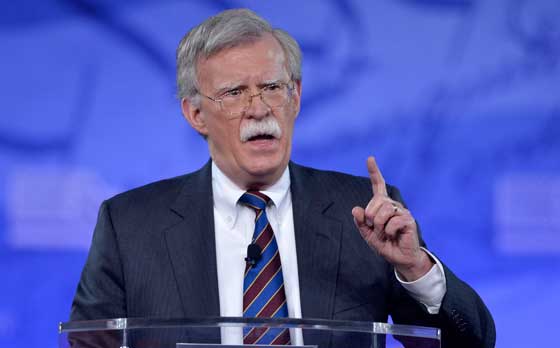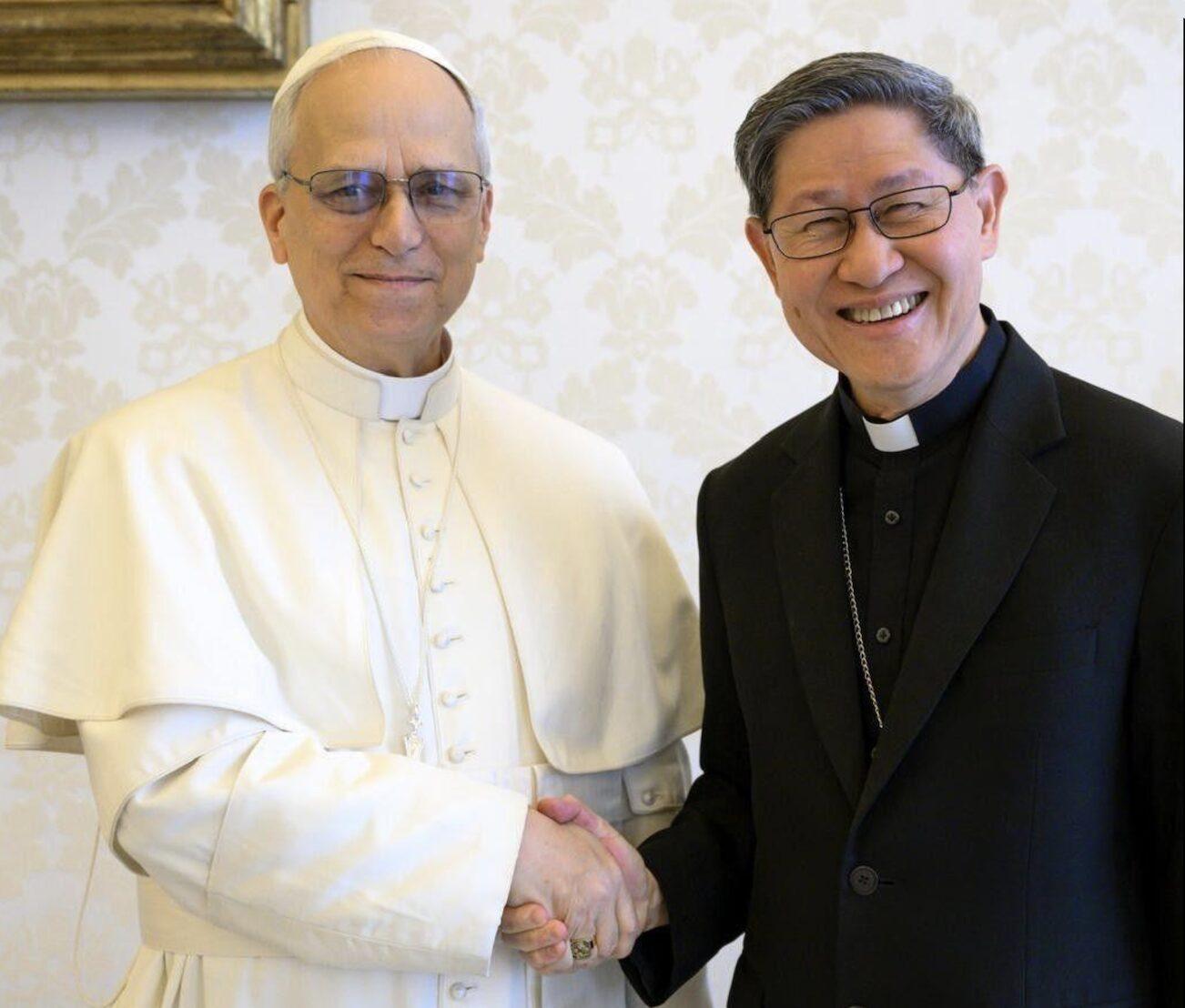
THE International Criminal Court (ICC) on Tuesday, September 11 said that it will continue to do its work “undeterred,” after the United States criticized the court’s legitimacy.
“The ICC, as a court of law, will continue to do its work undeterred, in accordance with those principles and the overarching idea of the rule of law,” the Hague-based court said in a statement.
The statement came a day after U.S. National Security Adviser John Bolton on Monday, September 10, took aim at the Hague-based court by denouncing its authority, and threatening sanctions on it if it were to proceed with investigations of U.S. troops in Afghanistan.
Bolton’s speech came ahead of an expected announcement by an ICC judge regarding a request to open up investigations of alleged war crimes, such as torture and illegal imprisonment, committed by the CIA and U.S. forces in Afghanistan since May 2003.
The court received an alarming 1.17 million allegations of war crimes from Afghans earlier this year from three-months worth of collected material.
Bolton at a speech to a conservative group on Monday said that the ICC “unacceptably threatens American sovereignty and the U.S. national security interests.”
He added, “The United States will use any means necessary to protect our citizens and those of our allies from unjust prosecution by this illegitimate court.”
“We will not cooperate with the ICC,” said Bolton, adding that “for all intents and purposes, the ICC is already dead to us.”
He also said that the Palestine Liberation Organization office in Washington was ordered to close, a move being seen as the Trump administration’s latest step in pressuring Palestinian leaders to comply with a Middle East peace plan.
The ICC responded to Bolt’s remarks by saying that the court was “an independent and impartial judicial institution” that was created to “ensure accountability for crimes that shock the conscience of humanity.”
“The court’s jurisdiction is subject to the primary jurisdiction of states themselves to investigate and prosecute allegations of those crimes and bring justice to the affected communities,” the statement said. “It is only when the states concerned fail to do so at all or genuinely that the ICC will exercise jurisdiction.”
“The ICC, as a court of law, will continue to do its work undeterred, in accordance with those principles and the overarching idea of the rule of law,” the court vowed.
France on Tuesday backed the ICC in saying that the court should be able to operate without hindrance.
“France, with its European partners, supports the International Criminal Court, both in its budgetary contribution and in its cooperation with it,” Agnes von der Muhll, the foreign ministry spokeswoman, said in a statement.
“The court must be able to act and exercise its prerogatives without hindrance, independently and impartially, within the legal framework defined by the Rome Statute,” the statement said.
‘Court of last resort’
Established in 2002, the ICC is described as a court of last resort intended to take on cases from nations unable or unwilling to carry out investigations and prosecute perpetrators.
With 123 state parties recognizing its jurisdiction, it has before been at the end of criticism with the latest coming from countries like Myanmar and the Philippines, both of which are undergoing criticism for human rights violations.
On Friday, September 7, Myanmar’s government said that it “resolutely rejects” an ICC ruling that claimed jurisdiction over alleged deportations of Rohingya Muslims to Bangladesh in a crisis described by the United Nations as a “textbook example of ethnic cleansing.”
Myanmar President Win Myint described the ICC ruling as “the result of faulty procedure.” The ruling, he said, was of “dubious legal merit.”
Late last month, the Philippine government downplayed the potential impact of a new complaint filed with the ICC that called for Philippine President Rodrigo Duterte’s indictment over alleged extrajudicial killings carried out since taking office.
Philippine presidential spokesperson Harry Roque described the new complaint as being “doomed” because the Philippines earlier this year announced its withdrawal from the ICC.
Having joined the court in 2011 and thus becoming a signatory to the Rome Statute, the Philippines gave court prosecutors jurisdiction over alleged crimes done during its membership. ICC Prosecutor Fatou Bensouda announced in February that she would open up preliminary examinations into the government’s “war on drugs” campaign.
In March, Duterte unilaterally withdrew from the Philippines from the tribunal, a move he said was “effective immediately.” Yet, the treaty states that withdrawals become effective a year after a country gives notice to the United Nations secretary-general.






